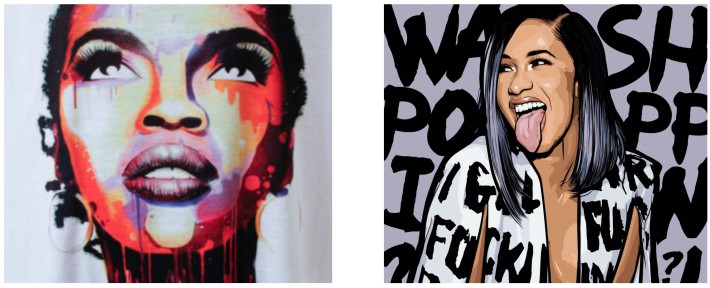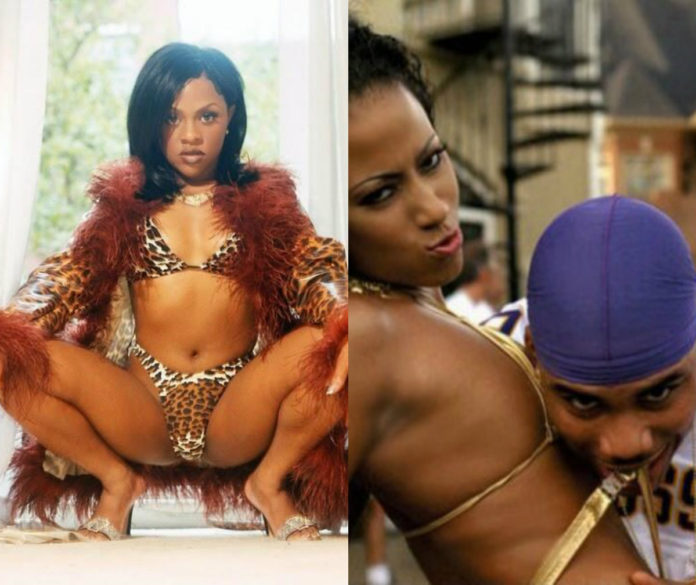Misogyny Has Taken Over Today’s Rap & Hip-Hop Culture, and Here’s Why…
Music is a creative outlet designed to give someone a platform to share their thoughts, feelings, and, essentially, a piece of them. Whether speaking of love, friendship, or an experience, lyrics are, undoubtedly, captivating and powerful in any genre of music. However, sadly, misogyny seems to be a strong force throughout today’s music industry.
At a time when racial injustice was looming, the infamous N.W.A released “F Tha Police” Their lyrics spoke what every young, wealthy, black man was thinking in that era: “I’m a target because of the color of my skin.” When so many people were silenced, Rap and Hip-Hop was used to be the middleman to the social issues in our culture. It left you feeling inspired or, at the very least, like your feelings were validated through shared sentiments from its artist.
As Rap and Hip-Hop have evolved, so has their messages. While an artist may portray the image of being ‘woke’ and include a social conscious track, the vast majority of albums in this genre are objectifying women. Misogyny in music isn’t new, and, contrary to popular belief, both women and men alike are to blame.
Everyone should be familiar with the basic economic principle of supply and demand. In laymen’s terms, give the people what they want. Their wants are reflected in the representation of women in Rap and Hip-Hop. They want to see women who are visually appealing. They want women who can be idolized. Bottom line, sex sells. In most music videos, women are typically half-dressed, with an emphasis on their buttocks and breast, gyrating around to lyrics that labels them ‘b*tches, sl*ts, and h*es’. The same lyrics that allude how women are only good for head or ass and worthy of being passed around amongst friends. Take that in for a moment. Women are actually proud to be a part of something that demeans who they are and their true worth. Remember Nelly’s “Tip Drill” video? Yes, that one where Nelly slid a credit card down the crack of a woman’s behind. Imagine if every woman on that set would have disagreed to participate. Imagine if every woman would have demanded a different or more respectful role, or if we stopped supporting artists that have only spoken negatively about women. Without question, the outcome of that video, as well as those that came before and after it, would have been different.
While it’s empowering to see women own their sexuality and femininity, female artists in this genre are re-creating the same images, as if to say, “At least it’s not a man objectifying us.” Lil Kim is the hardest female rapper there is, but her album covers are lyrics are vulgar.
Misogyny thrives in Rap culture because we are in a generation of people who crave attention in any way they can get it. Women willingly accept it for a chance to be noticed. As fans, we have fattened the wallets of artists who have lyrically revealed the price they’d pay for us. Our worth has been sacrificed in the name of entertainment, and, somehow, that has become acceptable. Can we eradicate misogyny in Rap and Hip-Hop music? Only time can tell, but we, as women and consumers, have to remember the type of power we possess to make a change.
Readers Also Liked:
 Cardi B, Lauryn Hill & The BillBoard Charts – Distinct Messages to Urban Women
Cardi B, Lauryn Hill & The BillBoard Charts – Distinct Messages to Urban Women
#LHHMIA Cast Revealed: Trina, Trick Daddy & Pleasure P Among Those Coming To VH1
Why #BlackGirlMagic Is Needed Now More Than Ever

